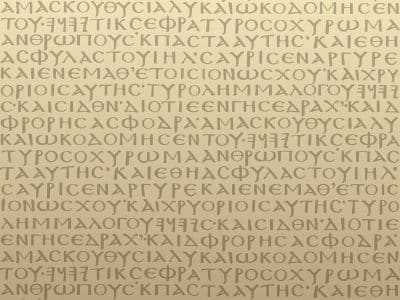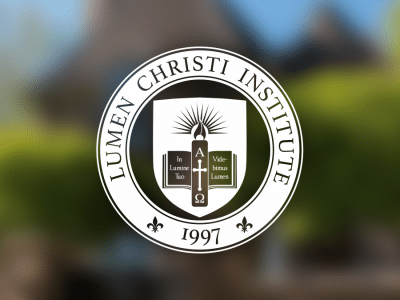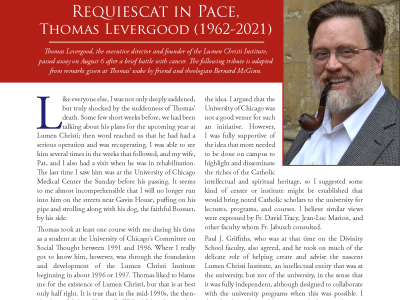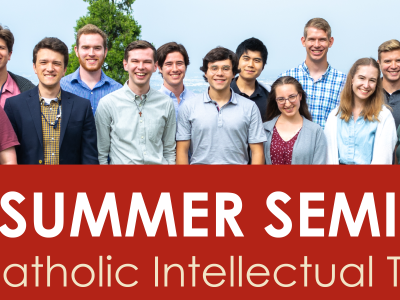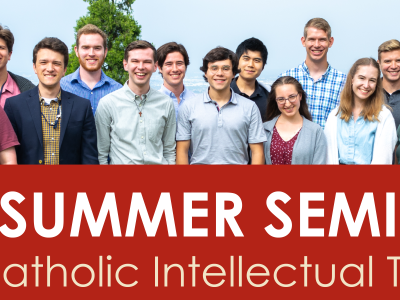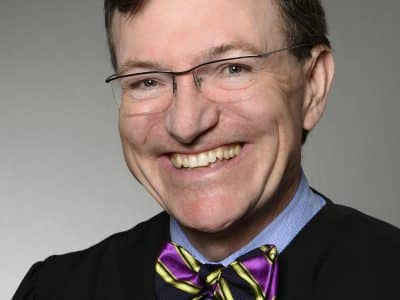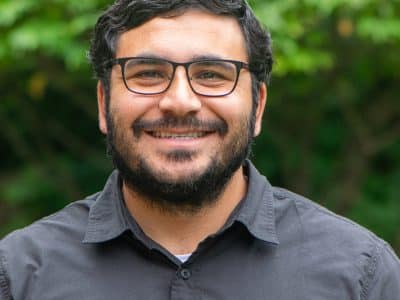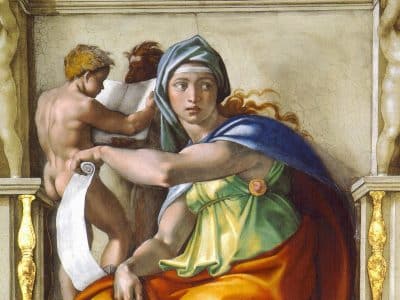News & Media
From 2012 to 2020, Fr. Paul Mankowski, SJ delivered hundreds of lectures and master classes at the Lumen Christi Institute. Seeking to share the depth of his scholarship, this podcast offers many of his lectures (edited for coherence and quality) to the public in digital format for the first time. The first season will feature a course that Fr. Mankowski gave on Joseph Ratzinger’s Jesus of Nazareth and dozens of lectures centered around the books of the Bible (including Genesis, many of the prophets, the Gospel of Matthew, and St. Paul’s Letter to the Romans). Episodes will be released on Mondays, Wednesdays, and Fridays from September through December. To conclude the season, we’ll offer one or two interviews with people who knew Fr. Mankowski well and can offer an entry point to his person and scholarship.
We are pleased to announce applications are now open for our 2022 summer seminars in the Catholic Intellectual tradition. For the twelfth year, students from around the country and abroad will study major themes, texts, and figures of the Catholic
We are pleased to announce applications are now open for our 2022 summer seminars in the Catholic Intellectual tradition. For the twelfth year, students from around the country and abroad will study major themes, texts, and figures of the Catholic
The Hon. Thomas More Donnelly has long been involved in Lumen Christi programming, including presenting for our 2020 Great Texts in Legal History Seminar, and helping found and direct the growing Catholic Criminal Justice Reform Network. On
Omar Fakhri might just take the award for having attended the most Lumen Christi summer seminars. His first was on John Henry Newman in Oxford (2013), followed by “Free Choice in Aquinas” in Rome (2014), “Catholic Social Thought” in Berkeley
Cosponsored by the Department of Art History. This convening is open to all invitees regardless of vaccination status and, because of ongoing health risks, particularly to the unvaccinated, participants are expected to adopt the risk mitigation measures (masking and social
